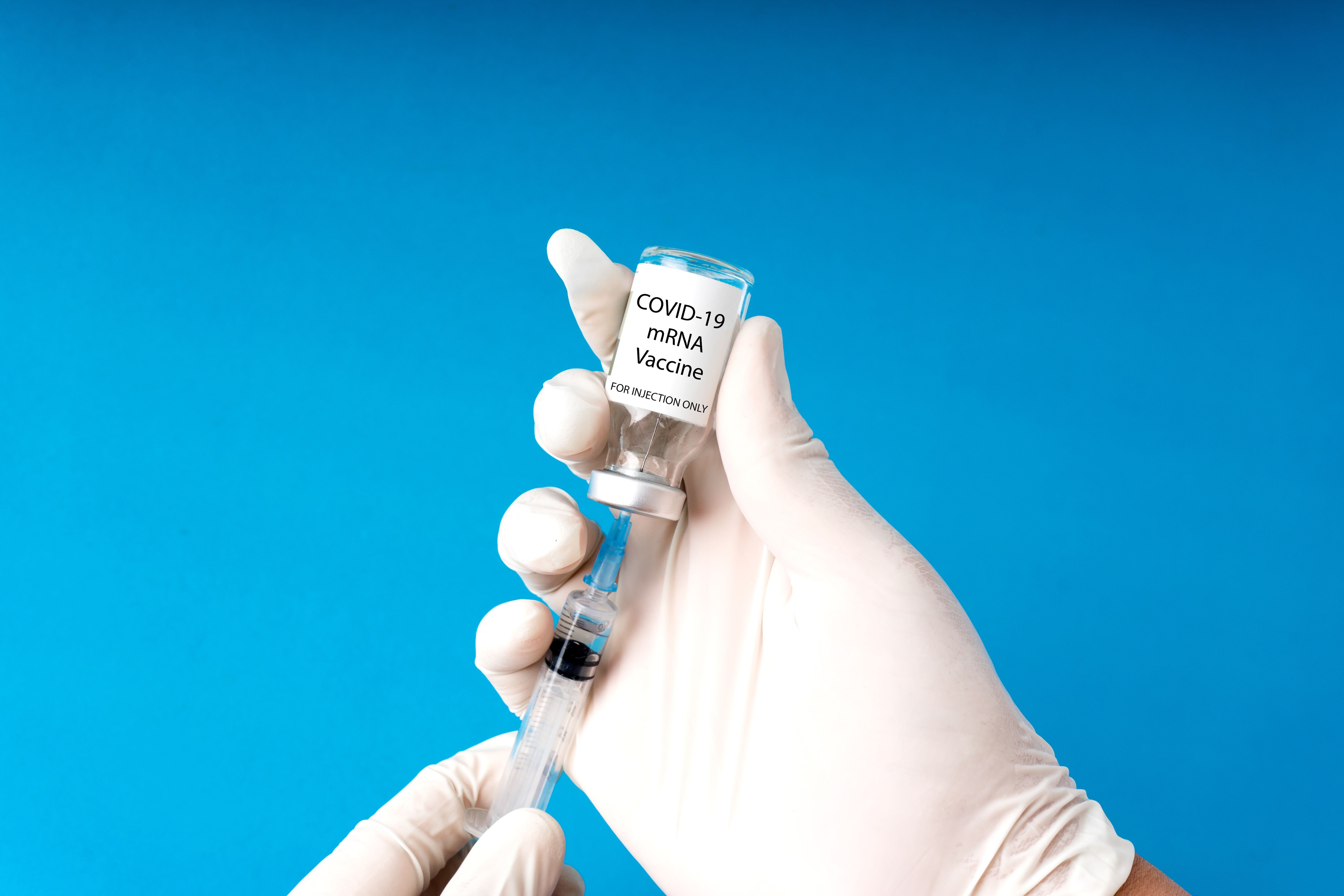- Clinical Technology
- Adult Immunization
- Hepatology
- Pediatric Immunization
- Screening
- Psychiatry
- Allergy
- Women's Health
- Cardiology
- Pediatrics
- Dermatology
- Endocrinology
- Pain Management
- Gastroenterology
- Infectious Disease
- Obesity Medicine
- Rheumatology
- Nephrology
- Neurology
- Pulmonology
CDC: mRNA Vaccines Reduce Risk of COVID-19 Infection by 91%
The recent CDC analysis is also one of the first to demonstrate that mRNA vaccines can benefit people who get COVID-19 despite being fully or partially vaccinated.
©jasniulak/stock.adobe.com

The mRNA COVID-19 vaccines authorized by the US Food and Drug Administration (Pfizer-BioNTech and Moderna) reduced the risk of infection by 91% for fully vaccinated persons, according to a recent analysis by the Centers for Disease Control and Prevention (CDC).
The analysis is also among the first to show that mRNA vaccination can benefit individuals who get COVID-19 despite being fully or partially vaccinated, according to the CDC’s June 7, 2021 press release.
The findings come from 4 weeks of additional data collected in the HEROES-RECOVER study of individuals who have increased potential exposure to SARS-CoV-2, including health care workers, frontline workers, and first responders.
The researchers released the preliminary results from the HEROES-RECOVER study in March 2021, at which time they concluded that, “[a]uthorized mRNA COVID-19 vaccines are effective for preventing SARS-CoV-2 infection in real-world conditions.”
Following the initial analysis, the CDC continued to capture data.
The new analysis included data from 3975 participants in 8 US locations who completed weekly SARS-CoV-2 testing for 17 consecutive weeks, from December 13, 2020 to April 10, 2021.
Researchers screened positive tests to further assess viral load and they measured how long the participants tested positive for SARS-CoV-2 to determine the rate of viral shedding. Data were analyzed according to vaccination status.
To evaluate the vaccine benefits, the researchers accounted for how often participants used personal protective equipment at work and in the community and the circulation of SARS-CoV-2 in their local area.
The results showed that once fully vaccinated, participants’ risk of infection decreased by 91%. After partial vaccination, participants’ risk of infection decreased by 81%. These estimates included symptomatic and asymptomatic infections, according to the press release.
To understand how mRNA vaccines influences the course of a SARS-CoV-2 infection, participants who became infected were combined into one group and compared to unvaccinated, infected participants.
This analysis showed that fully or partially vaccinated participants who developed COVID-19 spent 6 fewer days sick and 2 fewer days sick in bed. They were also approximately 60% less likely to develop symptoms, such as fever or chills, compared to unvaccinated participants.
Some participants who were infected with SARS-CoV-2 did not develop symptoms, the press release noted.
In addition, fully or partially vaccinated participants had 40% less detectable virus in their nose and the virus was detected for 6 fewer days compared to unvaccinated participants. They were also 66% less likely to test positive for SARS-CoV-2 infection for more than 1 week compared to those who were unvaccinated.
Though these indicators are not a direct measure of an individual’s ability to spread COVID-19, they have been associated with reduced transmission of other viruses, such as influenza and varicella, the press release noted.
“COVID-19 vaccines are a critical tool in overcoming this pandemic,” said CDC Director Rochelle P. Walensky, MD, MPH, in the press release. “Findings from the extended timeframe of this study add to accumulating evidence that mRNA COVID-19 vaccines are effective and should prevent most infections — but that fully vaccinated people who still get COVID-19 are likely to have milder, shorter illness and appear to be less likely to spread the virus to others. These benefits are another important reason to get vaccinated.”
